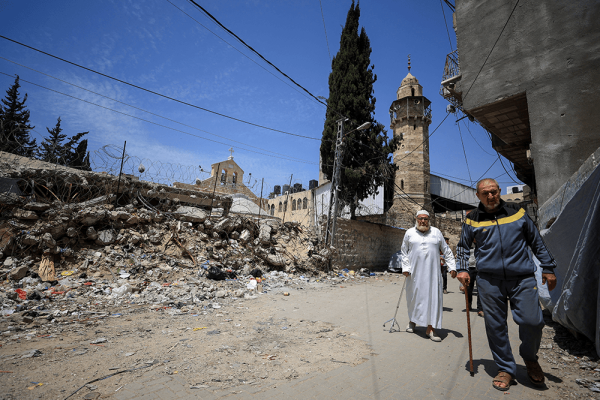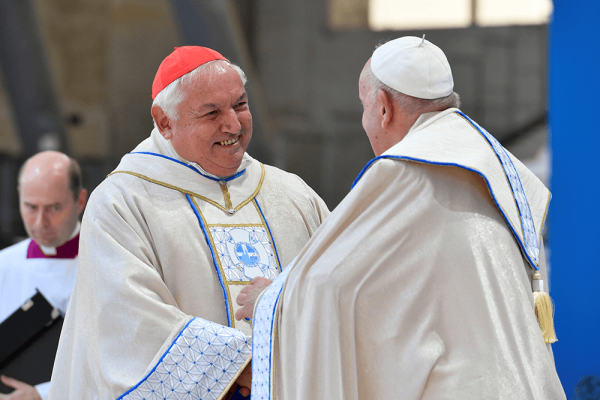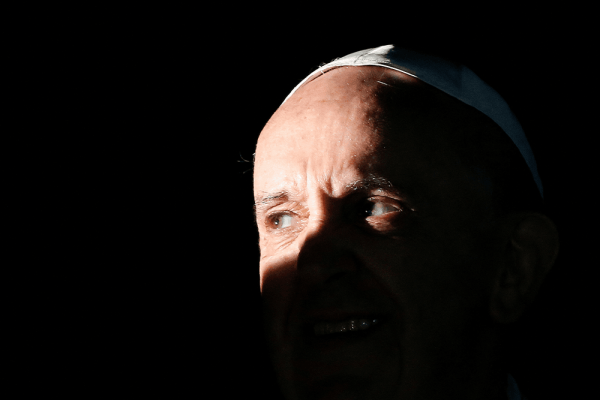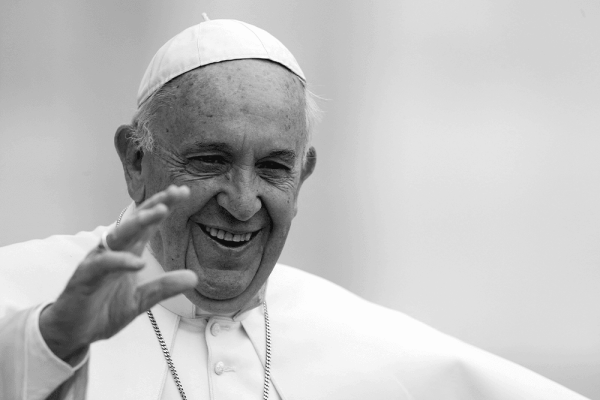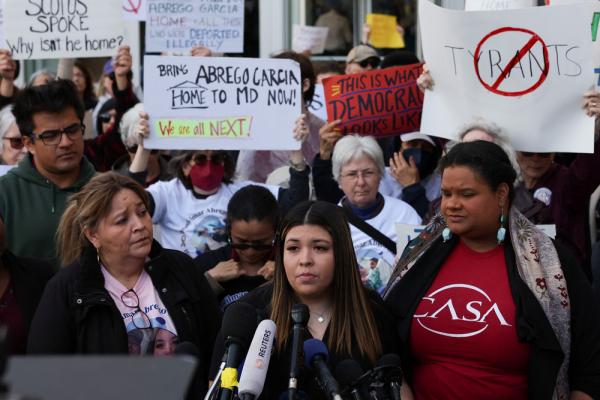Francis called the church hours after the war in Gaza began in October 2023, Antone said, the start of what the Vatican News Service would describe as a nightly routine throughout the war. He would make sure to speak not only to the priest but to everyone else in the room, Antone said.
An old Italian saying warns against putting faith, or money, in any presumed front-runner ahead of the conclave, the closed-door gathering of cardinals that picks the pontiff. It cautions: “He who enters a conclave as a pope, leaves it as a cardinal.”
But here are some cardinals who are being talked about as “papabili” to succeed Pope Francis, whose death at the age of 88 was announced by the Vatican on Monday.
When Pope Francis’ condition first began to worsen in February, I found myself suddenly feeling the kind of vertiginous paradigm shift usually reserved for the loss of close family or friends, that sense of a curtain being torn aside and a truth being revealed. The detail that really broke me was the news that as he had gotten sicker, Francis continued to text and call the people of Holy Family Parish in Gaza. It was so far beyond what anyone would expect of a critically ill 88-year-old man. And yet it crystallized for me what has been so personally important about Pope Francis: his dedication to welcoming those on the margins.
Pope Francis, the first Latin American leader of the Roman Catholic Church, has died, the Vatican said on Monday, ending an often turbulent reign marked by division and tension as he sought to overhaul the hidebound institution.
"Courage is more exhilarating than fear, and in the long run it is easier. We do not have to become heroes overnight. Just a step at a time, meeting each thing that comes up, seeing it is not as dreadful as it appeared, discovering we have the strength to stare it down."
In this cultural moment, I am convinced that the theological education we are entrusted with demands that we advocate for justice in our world. Because the forces of injustice are so great and manipulative, we need brilliant lawyers advocating for immigrants and incarcerated folks, theologians writing books on the biblical mandate to seek justice, doctors who can tend to those on the frontlines of protests, and politicians and activists who can support the abolition of debt.
At some point this Easter Weekend, Christians will be reflecting on the final words that Jesus spoke from the cross, sometimes referred to as the seven last words of Jesus.
When I was younger, I was convinced that System of a Down’s “Chop Suey!” was a Christian song because lead vocalist and lyricist Serj Tankian incorporated Jesus’ final declarations into the song. But dissimilar to the order that Christians have typically arranged Jesus’ final words, the song first quotes the cry of reunion and then climaxes with the cry of dereliction.
Considering that the Roman Empire believed Jesus was a terrorist and crucified him as one, emphasizing the cry of dereliction seems apt.
In Anne Frank, the world remembers a light of courage, even hope — a girl who lived and loved and laughed in the face of immense terror.
Reading these passages today, Jesus’ trial is a striking example of the interplay between the political power brokers who condemn Jesus to death and the crowds who cried out to Jesus days earlier for deliverance. While Pilate is responsible, he uses the crowd’s actions as cover, absolving himself of responsibility for deciding Jesus’ fate. Reading this story amid the deeply concerning judicial drama playing out in real time between the Trump administration and courts, I’m reminded of the role we all can play when we collectively act — or fail to act — in support of justice.
“The problem with the meritocracy ... [is that it] leeches all the empathy out of your society.”
The right-wing political commentator Tucker Carlson said that back in 2017 and, by my lights, there’s a kernel of truth there. It almost echoes the early 20th-century sociologist Max Weber’s critique of the Protestant work ethic, how Americans are trained to see wealth as a just reward for living a good life and poverty as punishment for living a bad one; an economic spin on Calvinism. Even if you think Carlson is a reactionary grifter (which I do), I think he’s onto something here.
